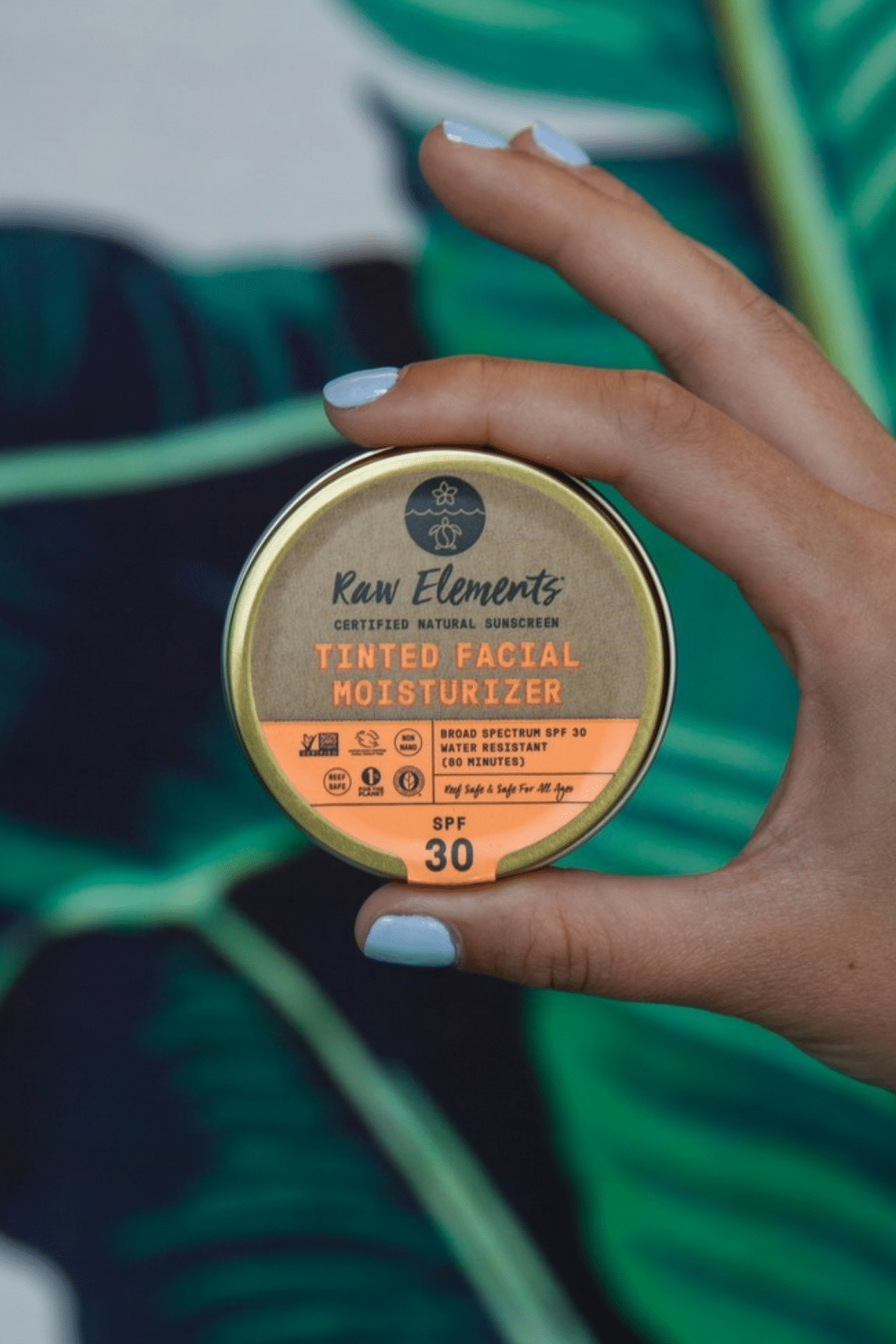

Some of these are part of her beauty rotation, and others are products she's adding to her shopping cart, stat. Saunders considered all aspects of these highly-rated mineral sunscreens, including their formulation, UV filters, and other good-for-you ingredients.

Sunscreen shopping doesn't have to be complicated. Who doesn't love minimizing their impact on the plant? They don't harm marine life or contribute to coral bleaching when washed off in the ocean. They're typically safer for the environment: Many mineral sunscreens are biodegradable and reef-friendly.Also, not all chemical SPFs provide both UVA and UVB sun protection. Chemical sunscreens rely on de-emulsification, a process where SPF dries down after 15 to 30 minutes and leaves behind a sun-protecting layer.
Coola sunscreen reef safe skin#
Instant protection: Mineral sunscreens provide immediate broad-spectrum sun protection against the ultraviolet A and B (UVA and UVB) rays that cause aging, sunburns, and skin cancer.Doctors previously told us that babies 6 months and up could safely wear convenient stick or cream mineral sunscreens infused with hydrating ingredients like hyaluronic acid and ceramides. Gentle enough for babies and sensitive skin: Mineral sunscreens are also safe and gentle for kids.They form a physical block that bounces the sunlight away from your skin, and there are zero risks with them absorbing into your skin and potentially your bloodstream. Unproblematic sun protection: Mineral sunscreens use titanium dioxide, zinc oxide, or sometimes both ingredients for sun protection.Lasts longer in direct sunlight:Chemical sunscreen ingredients break down faster with direct sun exposure, so you must reapply them more frequently than mineral sunscreens.But what is their reasoning for using mineral sunscreen in their everyday lives? Here, Jamal and Shokeen share their favorite reasons why mineral sunscreens are better than chemical sunscreens. Throughout our in-depth sunscreen coverage, dermatologists and facial plastic surgeons we consulted agree that mineral sunscreens are better than chemical sunscreens. Saunders already noticed some popular mineral sunscreens are already hitting low inventory or sold out (hi, Kosas DreamBeam), so if a product catches your eye, we advise hitting add to cart and checking out asap before they sell out. Need more convincing? Our beauty editor, Nicole Saunders, chatted with both doctors to discuss mineral sunscreen's benefits and their all-time favorite recommendations.


Many people simply do not tolerate chemical sunscreens, which can also be very damaging to coral reefs," explains Jamal, who practices at Schweiger Dermatology Group in New York. "I prefer mineral sunscreens over chemical SPF due to the much lower potential for skin irritation and sensitivity. Divya Shokeen, M.D., because they're a safe form of sun protection for everyone, including those with oily, acne-prone, and sensitive skin. Mineral sunscreens are favored by board-certified dermatologists, such as Dr. Wait, what is mineral sunscreen? It's a super gentle type of SPF that uses minerals such as titanium dioxide and zinc oxide to reflect UV rays like a mirror on top of the skin to prevent skin damage, like sunburns, wrinkles, or worse, skin cancer. As the weather heats up, we'll be sporting less clothing, so wearing and reapplying mineral sunscreen is especially important. Warm weather season is officially here, and we're already dreaming about longer sunny days, three-day weekends, and al fresco dining.


 0 kommentar(er)
0 kommentar(er)
